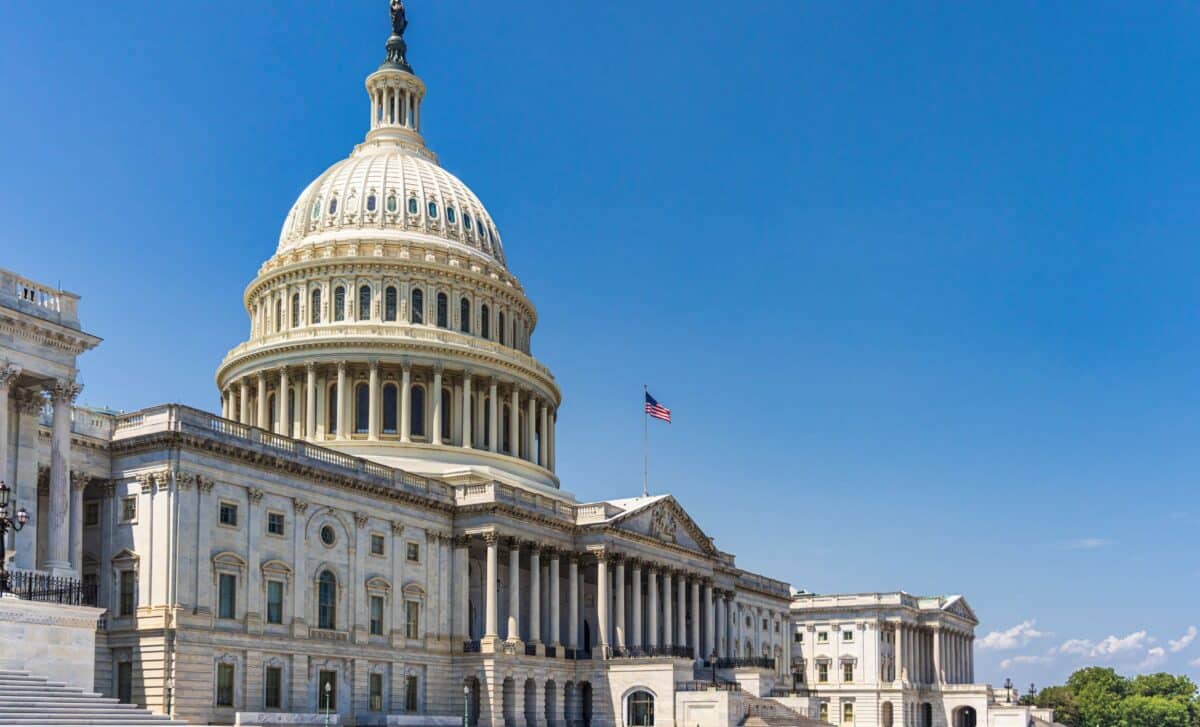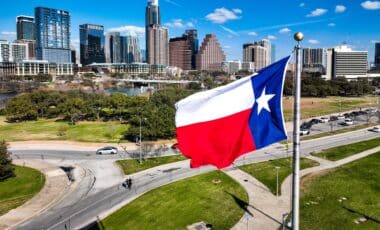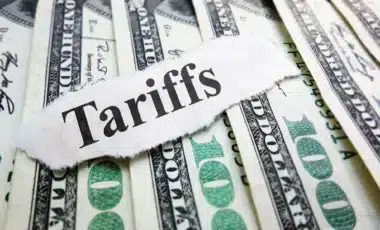Washington state is preparing for significant tax increases after Governor Bob Ferguson approved a nearly $78 billion two-year budget that includes more than $9 billion in new taxes over four years. The move ends weeks of uncertainty and signals a major shift in state fiscal policy.
The tax hikes come amid a $16 billion budget shortfall and aim to support key services and infrastructure. Residents and businesses will face higher taxes on income, fuel, and other fees starting this summer, sparking debate about affordability and government priorities.
New Budget Addresses State Deficit With Broad Tax Increases
Governor Bob Ferguson signed a budget that raises taxes by more than $9 billion to tackle a $16 billion gap between state revenues and spending needs, according to Newsweek.
The budget expands Washington’s business and occupation tax across multiple sectors and imposes an additional surcharge on corporations earning over $250 million annually within the state.
One of the most visible changes is the increase in the gas tax, set to rise by six cents per gallon in July—from 49.4 cents to 55.4 cents—then increase annually by 2 percent. These funds are dedicated to a $15 billion transportation plan aimed at improving roads and transit.
Capital gains taxes are also affected. The existing 7 percent tax on gains over $270,000 from the sale of long-term assets will be supplemented by an additional 2.9 percent on gains exceeding $1 million. This step targets higher earners to generate additional revenue.
Additionally, the budget introduces a unique tax on the sale of electric vehicle credits between automakers, projected to bring in $54.5 million. Dubbed the “Tesla tax” because Tesla is currently the only automaker with such credits in Washington, this measure reflects the state’s evolving approach to emerging industries.
Mixed Reactions Highlight Affordability Concerns and Government Priorities
Governor Ferguson emphasized that the budget “maintains and protects our core services” while investing in housing, education, and healthcare, according to his statement on X (formerly Twitter). He contrasted Washington’s approach with other states cutting essential programs, underscoring a commitment to social spending despite the tax increases.
However, Republican lawmakers criticized the budget for exacerbating the state’s affordability crisis. Washington House Republicans noted that residents already face some of the highest costs in the nation for housing, groceries, and gas.
State Representative Travis Couture called the budget “an 8 percent increase” in state spending that “will crush families already battling an affordability crisis and hit employers still trying to recover,” according to his press release.
The budget also raises fees for Discover Passes, hunting and fishing licenses, vehicle registrations, marriage licenses, and liquor permits, broadening its financial impact on residents.
The new budget takes effect July 1, marking a new chapter in Washington’s fiscal strategy amid ongoing debates over tax policy and economic recovery.









